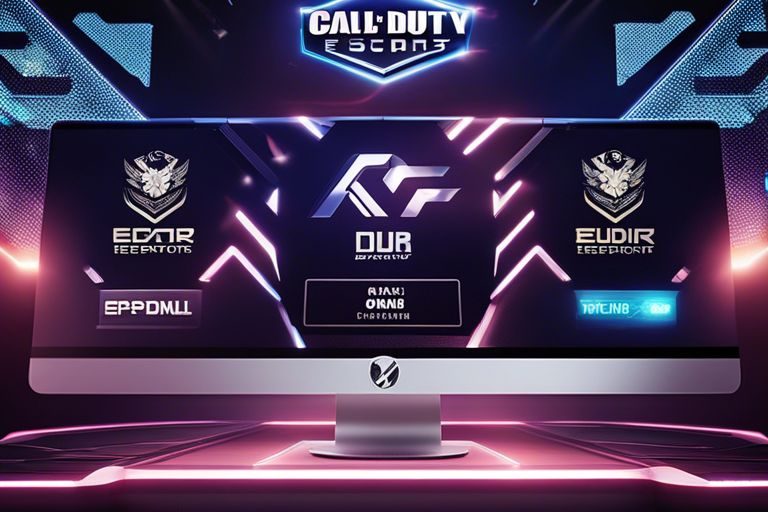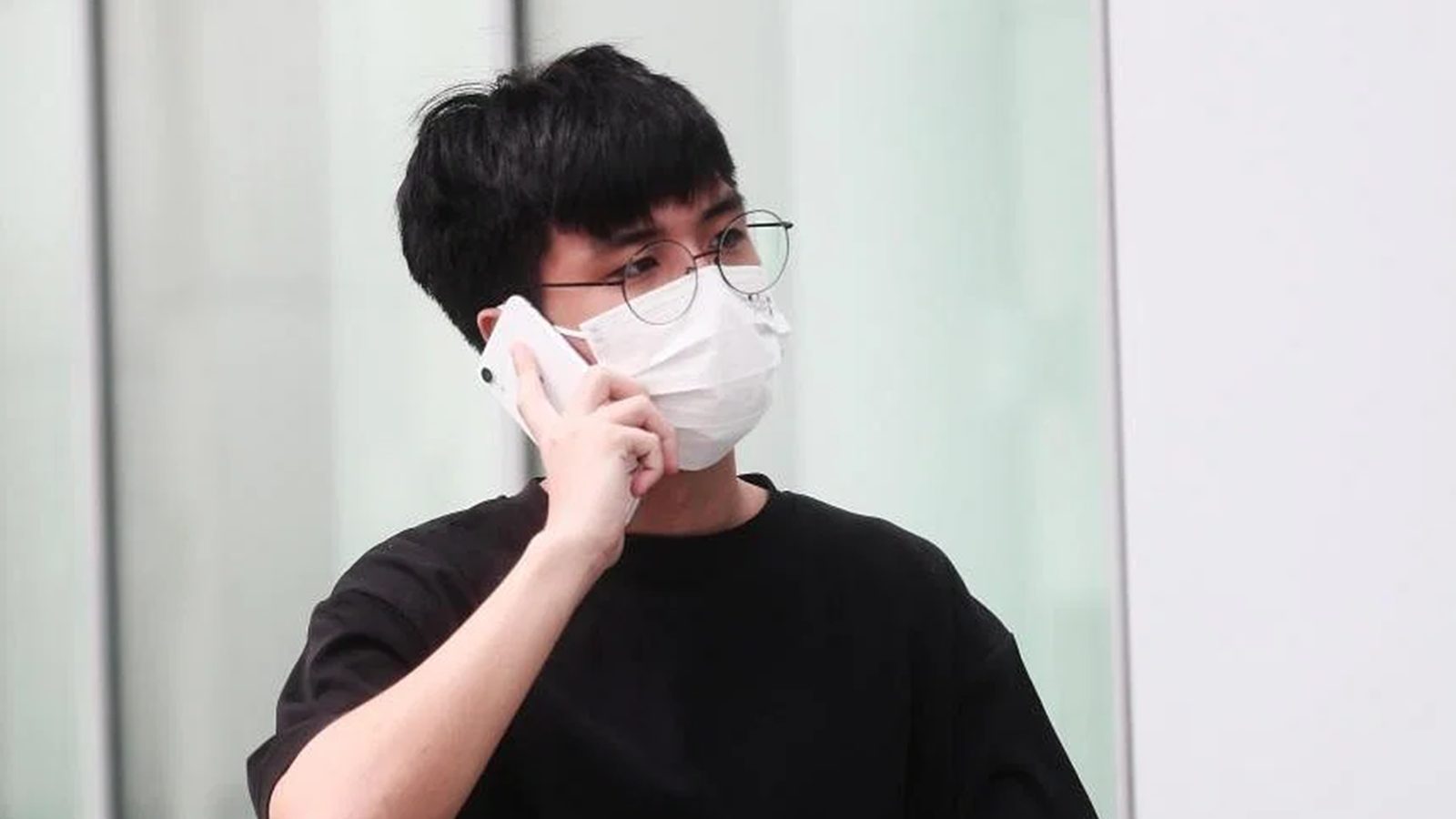In a shocking turn of events, two Singaporeans, including a professional VALORANT player, have been found guilty and convicted on corruption charges related to a match-fixing scandal that dates back to the Ignition Series tournaments in 2020. The players involved in this scandal are Malcolm Chung Wai Kiat, 25, and Ryan Tan Shern, 21. Tan provided the money required for Chung to place bets on a VALORANT match, which he deliberately lost. This article explores the details of the match-fixing scheme, the consequences faced by the players, and the broader implications for the esports community.
The Scheme Unveiled
The match-fixing scheme began to unravel in June 2021 when the COO of Resurgence, the esports organization associated with Chung, lodged a police report suspecting foul play. Investigations led to the discovery of Tan’s involvement and the subsequent charges of corruption brought against both parties on August 5. The scheme involved Tan borrowing $740 (S$1,000) from Chung in August 2020, but due to gambling losses, Tan was unable to repay the borrowed amount. To recover the money, Tan borrowed an additional $2,216 (S$3,000) from his brother, which he then transferred to Chung. It is reported that Chung used this money to place five bets against his own team in an upcoming professional VALORANT match.
The Professional VALORANT Tournament
Chung, the captain of the RSG Resurgence Esports’ VALORANT team, led his team into the Epulze Royal SEA Cup in September 2020. The tournament was part of the prestigious VALORANT Ignition Series and featured a prize pool of $25,000. Unfortunately, the team’s performance was lackluster, as they lost all six maps in the group stage and were eliminated early on. One notable loss was against Vision Strikers, a team famous for their 102-match winning streak. This poor performance raised suspicions about the integrity of the matches.
The Match-Fixing Incident
The specific match that led to the match-fixing charges involved RSG Resurgence Esports facing off against BlackBird Ignis. RSG lost the match with map scores of 10-13 and 5-13. According to Deputy Public Prosecutor David Menon, Chung deliberately underperformed and instructed his teammates to do the same. BlackBird Ignis featured three members of the IGZIST roster, which had finished seventh in the VALORANT Challengers Japan 2023 tournament. The scheme resulted in a payout of $5,187 (S$7,019). Tan’s brother received $2,697 (S$3,650), while Chung kept $2,000 (S$2,719), and $480 (S$650) was given to one of Tan’s friends.
Legal Consequences
After a lengthy legal process, Ryan Tan Shern pleaded guilty on January 5, while Malcolm Chung Wai Kiat was found guilty on May 26. The court sentenced Tan to at least six months of “reformative training,” a strict rehabilitative program commonly given to addicts. This training involves detainment in a facility with a rigorous work and food regimen. On the other hand, Chung received a four-month jail sentence for his involvement in the match-fixing scheme. These penalties highlight the seriousness of the offenses committed and serve as a warning to others involved in similar activities.
Repeat Offenses in the Esports Scene
Match-fixing incidents within the esports scene are not unheard of, and this case involving VALORANT professionals is not the first of its kind. In July 2021, during the LPL Legends Autumn Cup, a player for Team Bliss, Ty “junglew0w” O’Donnell, intentionally threw a game in which he had placed bets along with a friend. They earned $4,500 (AUD$7,000) from the scheme. Although they were found guilty in September 2022, the punishment was less severe compared to the case involving Tan and Chung. The Australian pair received a 12-month “good behavior bond,” were required to reimburse the betting company Ladbrokes, and make donations to gambling help charities.
Implications for the Esports Community
The match-fixing scandals involving VALORANT professionals raise concerns about the integrity of competitive gaming. While Riot Games, the developer of VALORANT, has not publicly issued competitive or general bans for the involved players, both Chung and Tan have been out of professional competition for over a year. Such incidents undermine the trust and fair play essential to the growth and legitimacy of esports as a sport. It highlights the need for stricter regulations, better oversight, and education to prevent and deter match-fixing activities.
FAQs
What charges were brought against the two Singaporeans involved in the match-fixing scandal?
Malcolm Chung Wai Kiat and Ryan Tan Shern were charged with corruption in relation to the match-fixing scandal.
How much money did the match-fixing scheme earn the players?
The scheme resulted in a payout of $5,187 (S$7,019). Tan’s brother received $2,697 (S$3,650), while Chung kept $2,000 (S$2,719), and $480 (S$650) was given to one of Tan’s friends.
What were the consequences for Ryan Tan Shern and Malcolm Chung Wai Kiat?
Ryan Tan Shern was ordered to undergo at least six months of “reformative training,” while Malcolm Chung Wai Kiat received a four-month jail sentence.
Has Riot Games issued any bans or penalties to the players involved in the match-fixing scandal?
Riot Games has not publicly issued competitive or general bans for the players involved in the match-fixing scandal. However, both players have been out of professional competition for over a year.
Are there any other notable cases of match-fixing in the esports scene?
Yes, in July 2021, a player for Team Bliss, Ty “junglew0w” O’Donnell, deliberately threw a game he had bet on. He and his friend earned $4,500 (AUD$7,000) from the scheme. They received a 12-month “good behavior bond” and were required to reimburse the betting company Ladbrokes and make donations to gambling help charities.
What are the broader implications of these match-fixing incidents for the esports community?
The match-fixing incidents highlight the need for stricter regulations, better oversight, and education to prevent and deter match-fixing activities in esports. Trust and fair play are essential for the growth and legitimacy of competitive gaming.
Conclusion
The conviction of two Singaporeans, including a professional VALORANT player, for their involvement in a match-fixing scandal has sent shockwaves through the esports community. The scheme, which took place during the Ignition Series tournaments, involved deliberate underperformance in a VALORANT match after placing bets against one’s own team. The legal consequences, including jail time and reformative training, demonstrate the seriousness with which such offenses are treated. These incidents serve as a reminder of the importance of maintaining integrity in esports and the need for proactive measures to prevent match-fixing. As the esports industry continues to grow, it is crucial to safeguard its integrity and ensure fair competition for the benefit of players, teams, and fans.




